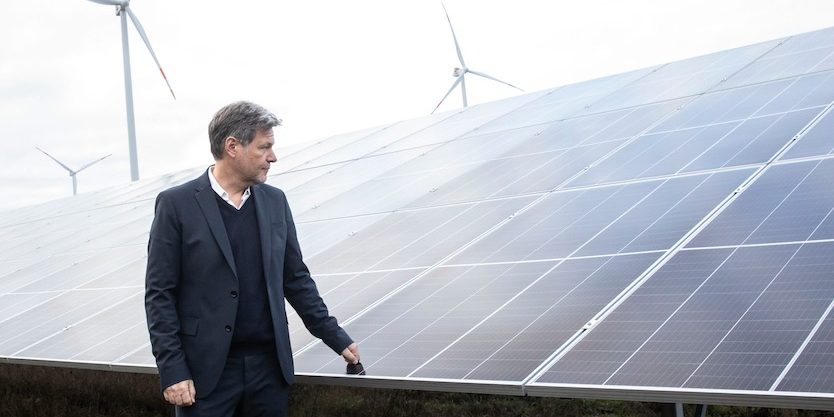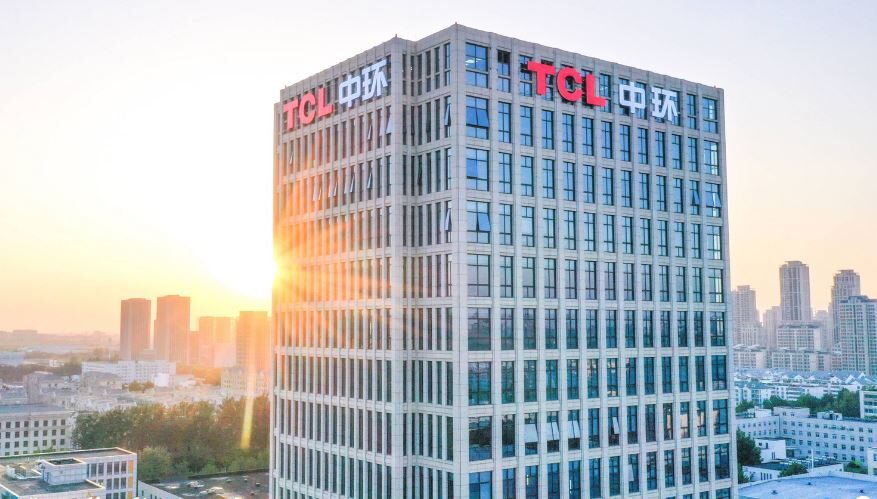The German government adopted a new import strategy for hydrogen and hydrogen derivatives, setting out the framework “for the urgently needed imports to Germany” in the medium to long term. The government assumes a national demand for molecular hydrogen, gaseous or liquid hydrogen, ammonia, methanol, naphtha, and electricity-based fuels of 95 to 130 TWh in 2030. “Around 50 to 70% (45 to 90 TWh) of this will probably have to be imported from abroad.” The German government also assumes that the proportion of imports will continue to rise after 2030. According to initial estimates, demand could increase to 360 to 500 TWh of hydrogen and around 200 TWh of hydrogen derivatives by 2045. The import strategy complements the National Hydrogen Strategy and other initiatives. “The import strategy thus creates investment security for hydrogen production in partner countries, the development of the necessary import infrastructure and for German industry as a customer,” said economic affairs minister Robert Habeck, explaining that the aim is to diversify the sources of supply as broadly as possible.
The Dutch hydrogen market grew considerably across supply and demand between October 2023 and April 2024, but no projects in the Netherlands have progressed further in their development phases, ICIS said, underlining the lack of final investment decisions (FIDs). “Data from the ICIS Hydrogen Foresight project database reveals that the announced low-carbon hydrogen production capacity climbed to approximately 17 GW by 2040 as of April 2024, with 74% of this capacity expected to be online by 2035,” said the London-based intelligence company.
RWE and TotalEnergies have entered into a partnership agreement to jointly deliver the OranjeWind offshore wind project in the Netherlands. TotalEnergies will acquire a 50% equity stake in the offshore wind farm from RWE. The OranjeWind project will be the first system integration project in the Dutch market. “RWE and TotalEnergies have also taken the investment decision to build the OranjeWind offshore wind farm, which will have an installed capacity of 795 megawatts (MW). Suppliers for the main components have already been selected,” said the German and French companies.
Ineos said it would make around 250 customer deliveries across Germany's Rheinberg area with the Mercedes-Benz GenH2 Trucks to understand fuel-cell technology in real-life operations, with an ambition to expand deliveries into Belgium and the Netherlands next year. “Ineos invests in and prioritizes hydrogen production and storage, we believe that our innovations are leading the charge in creating a cleaner energy ecosystem that has hydrogen at its heart,” said Wouter Bleukx, business director Hydrogen at Ineos Inovyn.
Airbus teamed up with aircraft lessor Avolon to study the potential of hydrogen-powered aircraft, marking the first collaboration of the ZEROe Project with an operating lessor. “Announced at the Farnborough Airshow, Airbus and Avolon will investigate how future hydrogen-powered aircraft could be financed and commercialized, and how they might be supported by the leasing business model,” the European aerospace corporation said.
This content is protected by copyright and may not be reused. If you want to cooperate with us and would like to reuse some of our content, please contact: editors@pv-magazine.com.



1 comment
By submitting this form you agree to pv magazine using your data for the purposes of publishing your comment.
Your personal data will only be disclosed or otherwise transmitted to third parties for the purposes of spam filtering or if this is necessary for technical maintenance of the website. Any other transfer to third parties will not take place unless this is justified on the basis of applicable data protection regulations or if pv magazine is legally obliged to do so.
You may revoke this consent at any time with effect for the future, in which case your personal data will be deleted immediately. Otherwise, your data will be deleted if pv magazine has processed your request or the purpose of data storage is fulfilled.
Further information on data privacy can be found in our Data Protection Policy.